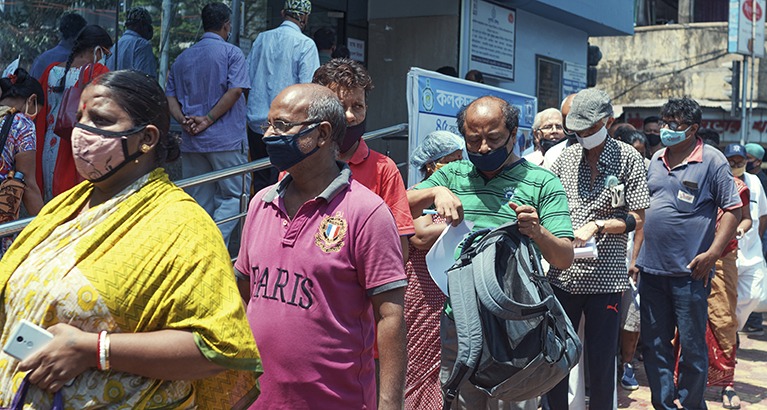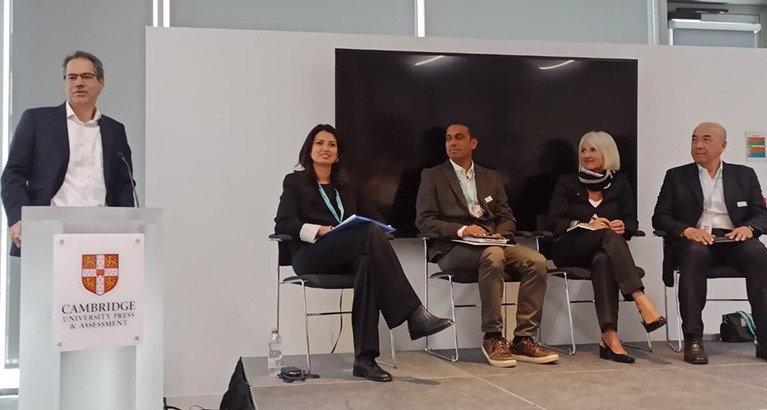Cambridge University Press has published a new book, edited by Cambridge Judge Business School academics and fellows, that outlines how post-pandemic approaches have transformed philanthropy in the Global South.
“The pandemic highlighted the imbalanced power relationship between the Global North and South,” says an introduction to the book entitled “Reimagining Philanthropy in the Global South – From Analysis to Action in a Post-COVID World”, which is freely available to all via open access.
The book is edited by Clare Woodcraft, Fellow at Cambridge Judge; Kamal Munir, Professor of Strategy and Policy at Cambridge Judge Business School and Pro-Vice-Chancellor (University Community and Engagement) at the University of Cambridge; and Nitya Mohan Khemka, a Fellow at Cambridge Judge and Director of Global Alliances at global think tank PATH.
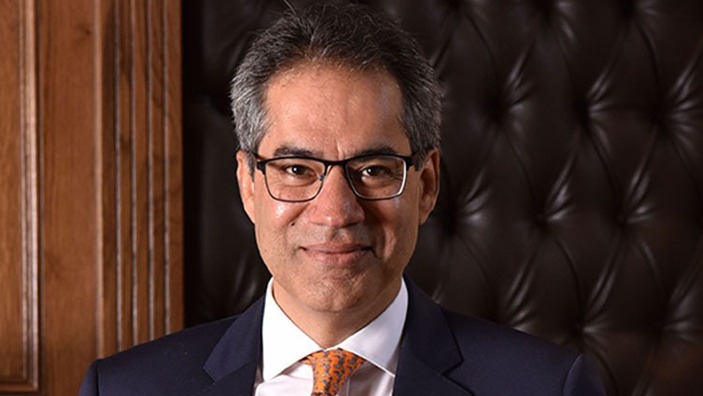
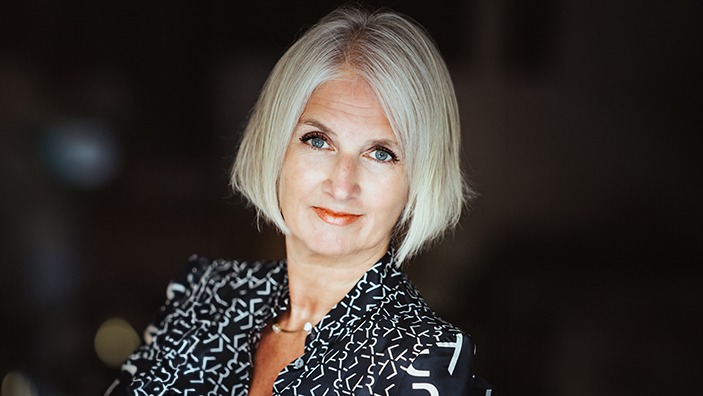
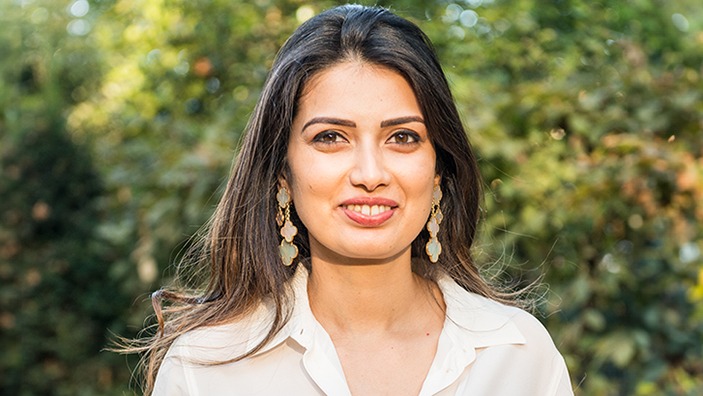
The 223-page book includes 10 chapters from 13 Global South contributors on topics ranging from building effective philanthropy through strategic partnerships to creating resilience and transforming education through partnerships. Other chapters include case studies in various countries from Indonesia, to Saudi Arabia, to South Africa and India.
Closing post-pandemic collaboration gaps in philanthropy
“The pandemic amplified the growing feeling that philanthropy was not empowering its recipients enough, with too many micro decisions about the allocation of funding taken remotely rather than by the communities in need,” say the authors. “At a macro level, concerns were raised about the absence of co-funding and collaboration in the sector and the missed opportunities that this represented for a capital market estimated at several trillion US dollars.
“We set out to better understand these issues. Why wasn’t philanthropy able to effectively do more, more quickly, and more collaboratively? Why was this well-intentioned source of social investment with the potential to change lives positively and permanently not systematically delivering value at scale? We explored the extent to which the pandemic had reinforced the need for change, accelerated it, or both, and sourced empirical evidence around how practitioners had overcome operational challenges.”
The authors examine how newer models of philanthropy are tackling development challenges, how organisations are dealing with structural changes in donor-driven philanthropy, the impact of changes in traditional grantmaking, and the role of indigenous philanthropy in the Global South.
3 keys areas where change driven by the pandemic should be encouraged
Our research found that there are core areas where the change that the pandemic catalysed was sufficiently positive and progressive that it should be encouraged and institutionalised.
1
Mobilising networks
“We call for more funding for networks and a general commitment to fund infrastructure. Since the publication of our 2020 research report, we have seen professional networks in the sector gain exponential momentum and demonstrate their value.”
2
Partnerships with governments
“We call for increased Global South government/ grant-maker partnerships, arguing that as emergency market philanthropy grows (largely due to the multi-trillion-dollar intergenerational wealth transfer expected in coming decades) there is an opportunity for Global South philanthropists to work more closely with governments.”
3
Building resilience
“The importance of core philanthropic funding for building resilience cannot be overstated. Grantees all over the Global South want the simpler, faster due diligence and application processes that COVID-19 engendered to continue. These reduced time and transaction costs and quickly freed up funding for unexpected purposes where previously it might have been rigorously restricted.”
Philanthropy needs cooperative systems rather than inequitable power dynamics
A foreword to the book was written by Mohammed El-Erian, President of Queens’ College, University of Cambridge, and donor to the El-Erian Institute of Behavioural Economics and Policy at Cambridge Judge Business School.
“Over the past few years, a range of adverse external factors has converged, transforming the basic notion of philanthropy from a ‘nice to have’ to a ‘must-have’. This makes it important to improve the impact of philanthropy while simultaneously expanding the size of philanthropic investment and its scope.
“The paradigm shift in philanthropy that is required to maximise its potential is unlikely to occur without a fundamental and durable change in the underlying mobilisation and deployment mechanisms: moving away from inequitable power dynamics fraught with tensions and blame games to much more cooperative, enabling, and trust-based set-ups. Such a change would open up opportunities for systemic transformation and the full empowerment of both recipients and donors,” writes Mohammed El-Erian.
Featured research
Woodcraft, C., Munir, K. and Khemka, N.M. (eds.) (2024) Reimagining philanthropy in the Global South: from analysis to action in a post-COVID world. Cambridge University Press


